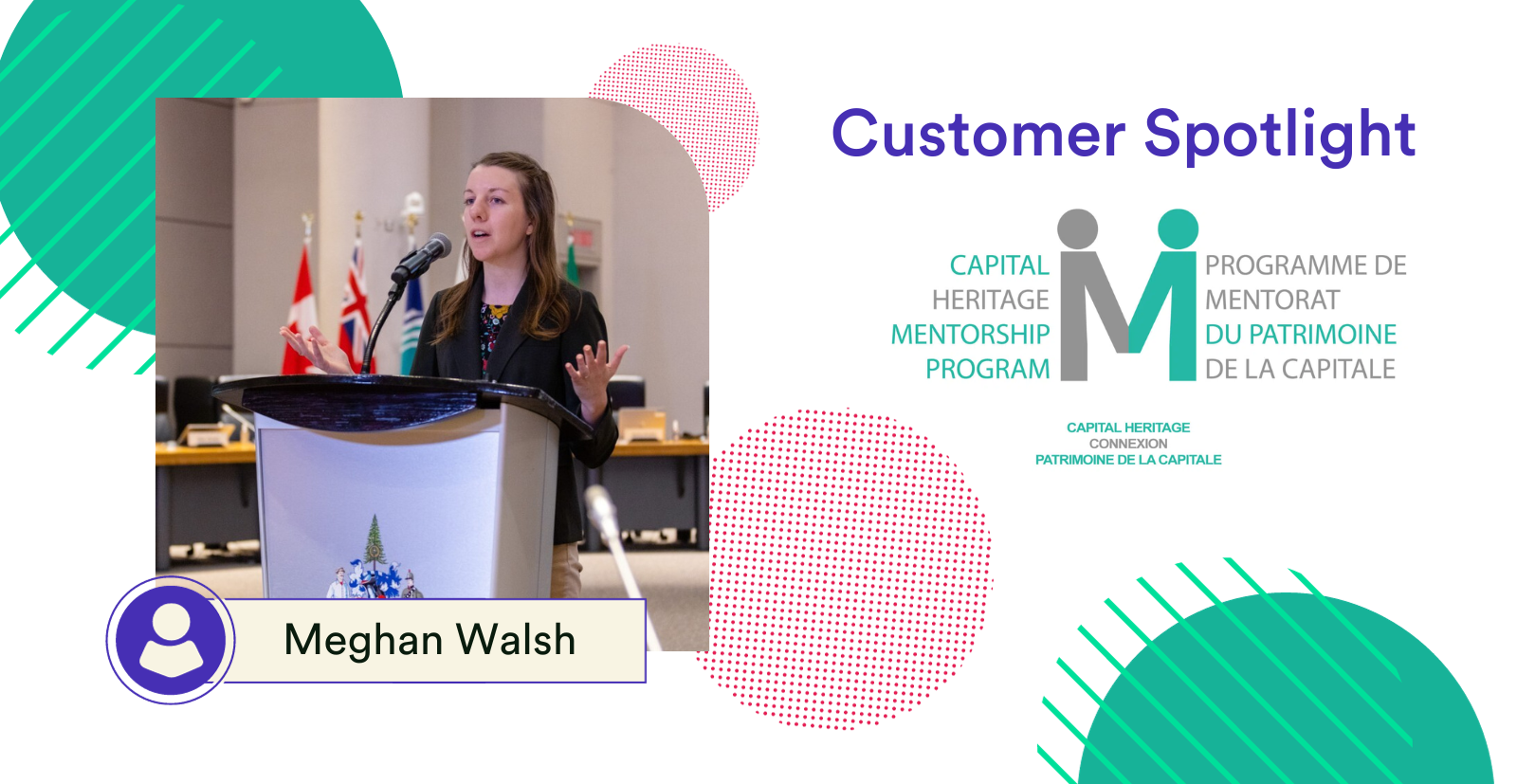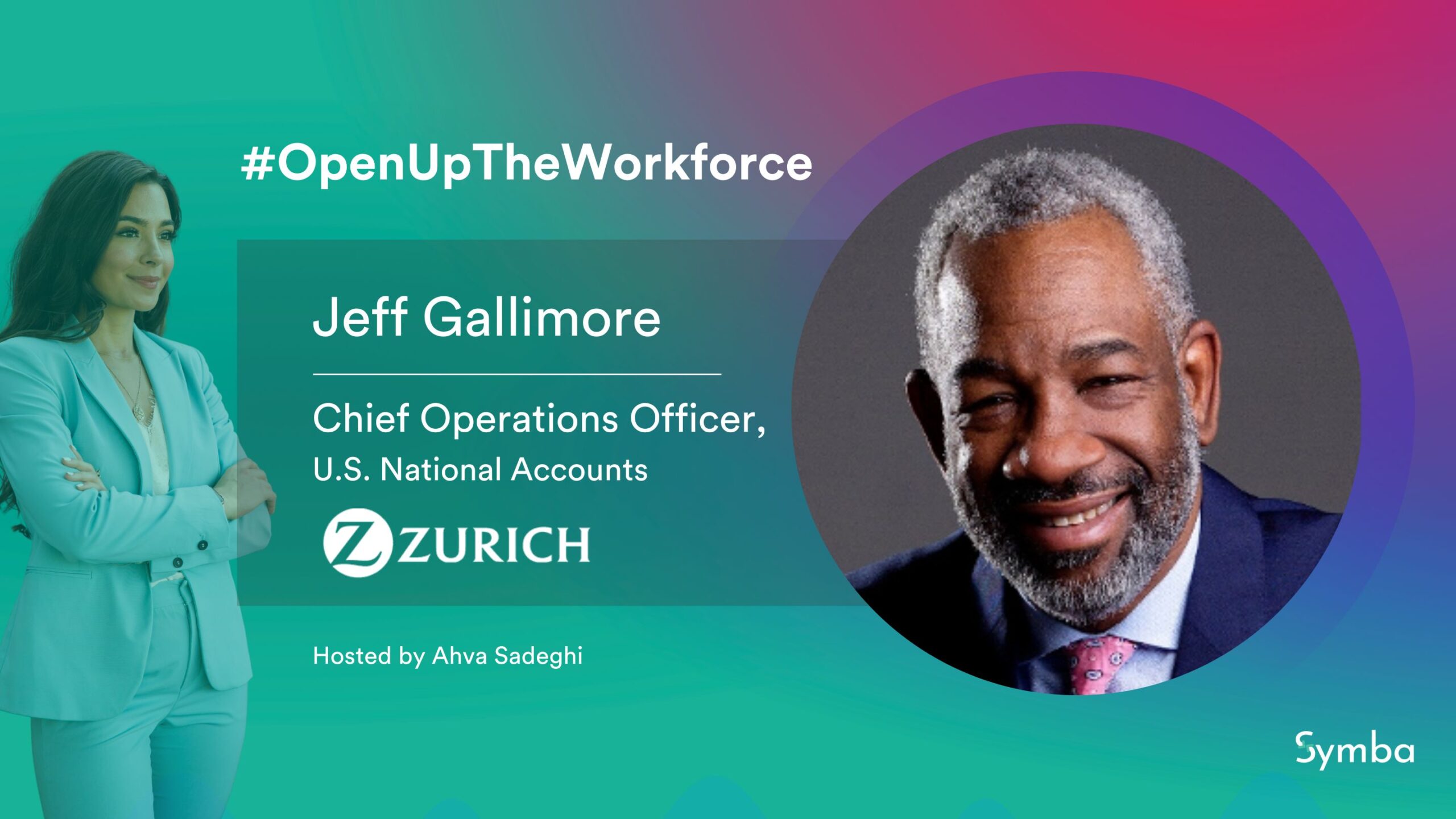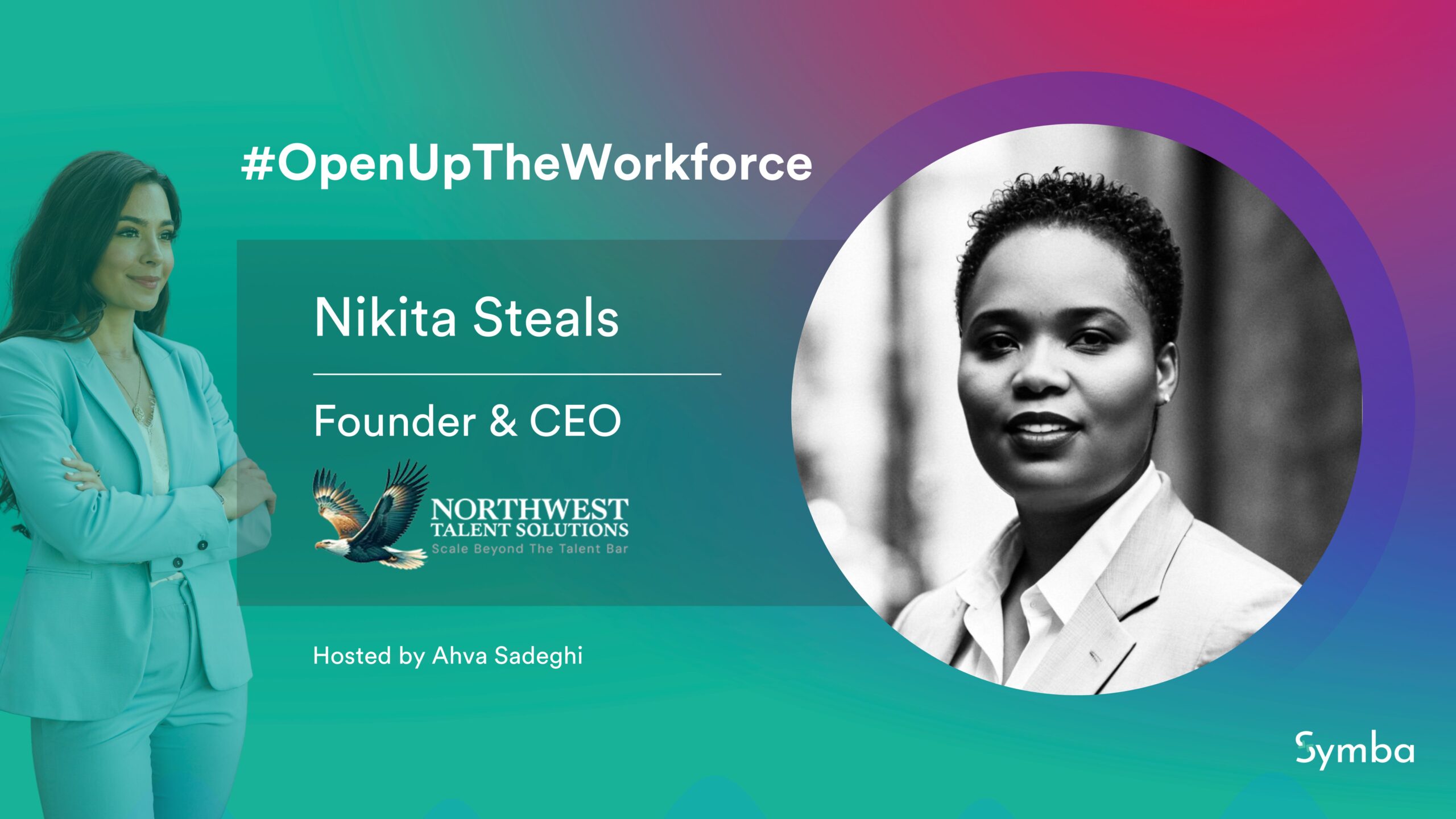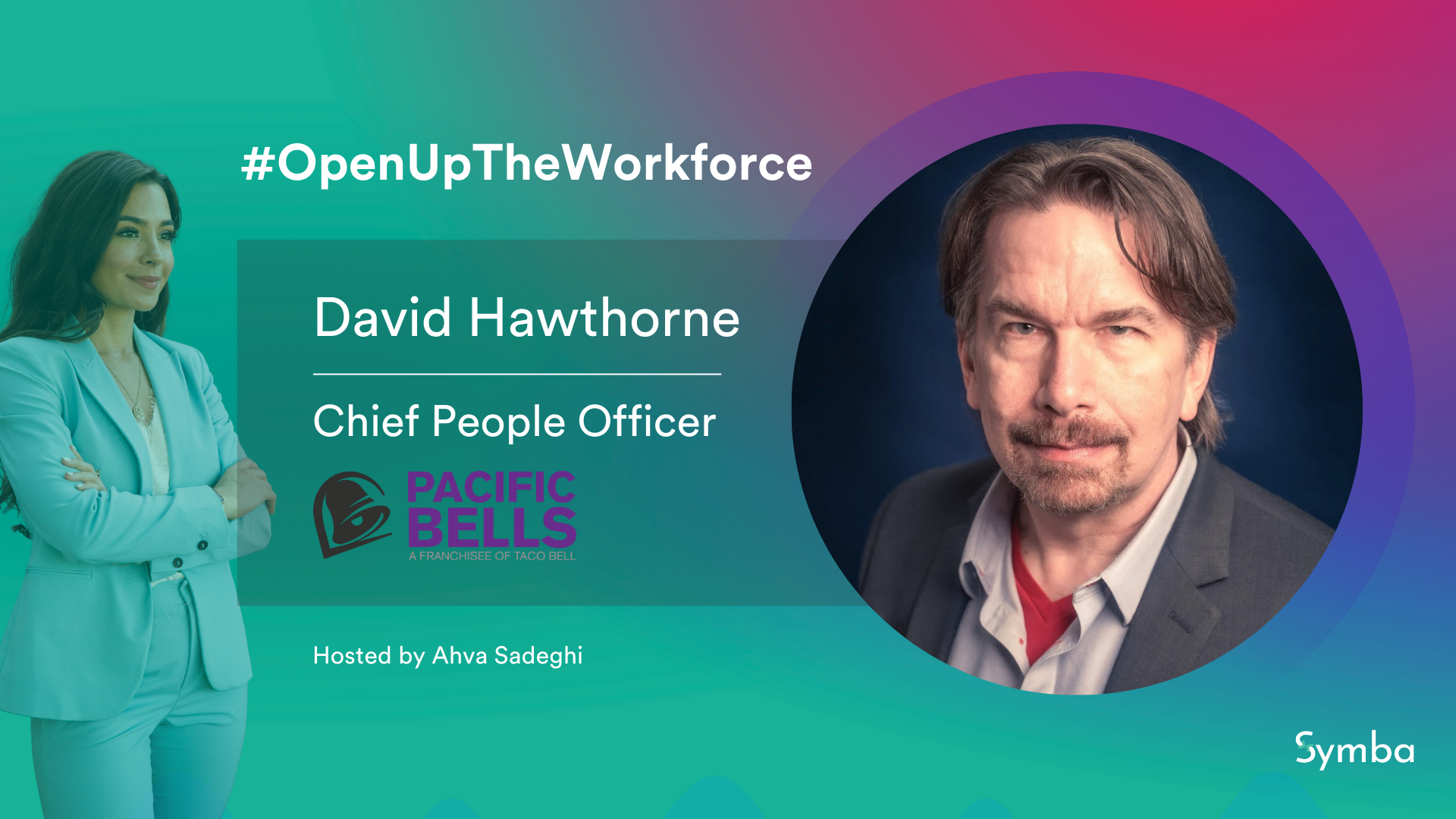Capital Heritage Connexion (CHC) is a Canadian organization that supports, develops, and sustains the heritage sector in Ottawa and the greater Capital area. CHC has been a Symba customer since 2020 and leverages our early career experience platform for their mentorship program. In this spotlight, we interviewed Meghan Walsh, acting Executive Director at CHC, to highlight the amazing work that they are doing to connect emerging heritage professionals with experienced mentors.
What problem is CHC's Mentorship Program solving for?
The Capital Heritage Mentorship Program is looking to bridge the gap between post-secondary education and the workforce for emerging heritage professionals. Following graduation many heritage professionals find it difficult to make their way into a job in the heritage sector beyond summer contracts. Whether they are lacking local networks, professional vision, or career development skills, the Capital Heritage Mentorship Program looks to provide that by pairing emerging professionals with experienced Mentors and resources to support them on their career journey in heritage.
What is CHC's Mentorship Program model and who can participate?
Our Mentorship Program model relies on creating small mentoring groups that each consist of 1 Mentor and 2 Mentees. These groups work together to discuss and set career goals, expand their networks, and learn from each other about the heritage sector and where it's going in the future. In terms of Mentors, we look for individuals who have upwards of 10-15 years of experience working in the heritage sector and who have experience in managerial/leadership roles. For Mentees, anyone who is within the first 10 years of their heritage career/education can participate, and there is no age limit.
What is the mentor/mentee pairing process like and how does CHC ensure a good fit?
During the application process, we ask Mentees to indicate if they have a preference for working with a particular Mentor. We also look at their resume and cover letter to match their area of interest with those of the Mentors. Lastly, we ask each Mentee to submit a creative component that explores an issue within the heritage sector that they are passionate about; this provides us with more context around their interests and career goals that we can compare to our selection of Mentors.
What are the biggest challenges when leading a mentorship program and how does technology reduce the burden?
The top challenge when leading a Mentorship program is trying to align the schedules of many different people for meetings, events, and workshops. It's hard to get everyone in the same room at once to benefit from shared experiences and connections. Technology, like Symba, allows us to provide a virtual space where people can connect more easily, securely, and on their own timeline within our small but mighty community. It also allows us to share workshop recordings for those who might have missed it or want to review information, as well as additional resources that folks can access when it is convenient for them.
What is life like after implementing Symba's platform?
CHC has been using Symba for our Capital Heritage Mentorship Program for the last three years and it has been great to build on what was created each year: adding resources, organizing documents, and fine-tuning exercises.
Check out CHC's case study with Symba here.
What are the key considerations to ensure a mentorship program is inclusive?
One of the key considerations to ensure a Mentorship Program is inclusive is to remove as many barriers as possible from the very beginning. For example, our Mentorship Program is completely free and we have included a small monetary honorarium for each Mentee to use throughout the program to support things like transport to and from workshops, site visits, and events. We also provide two paid internship opportunities to two of the Mentees to intern with their Mentor for 8 weeks.
We don't put an age limit on any applicants. These days there is much more mobility when it comes to people changing their careers later in life and we don't want to discriminate against them by making our program only available to youth of a particular age range. This is why we use the term emerging heritage professional because it include folks of all ages.
How does mentorship impact career pathways and professional development?
Mentorship has huge impacts on career pathways and professional development. Mentors are able to provide experience and context and an example of a possible career path for a Mentee to follow. If the Mentee isn't interested in that particular career path, the chances are that the Mentor will be able to connect them with a colleague or someone in their network who is more aligned with the Mentee's prospective path or who can provide helpful resources and information. For us at CHC, it's all about the connections between people, because there is infinite possibility to move forward and onward on your path from that first connection between Mentor and Mentee.
Does CHC have plans to evolve the program in the near future to adapt to changes in the heritage sector and workforce?
CHC is in the last year of our current funding for the Capital Heritage Mentorship Program and will be initiating a full review and analysis of the program over the last three years to see how it can be improved going forward. We're currently working with partners in the arts sector who run a similar program but on a more ongoing basis to see if that might be more beneficial to Mentees as opposed to our 5 month intensive model that we are currently using.





